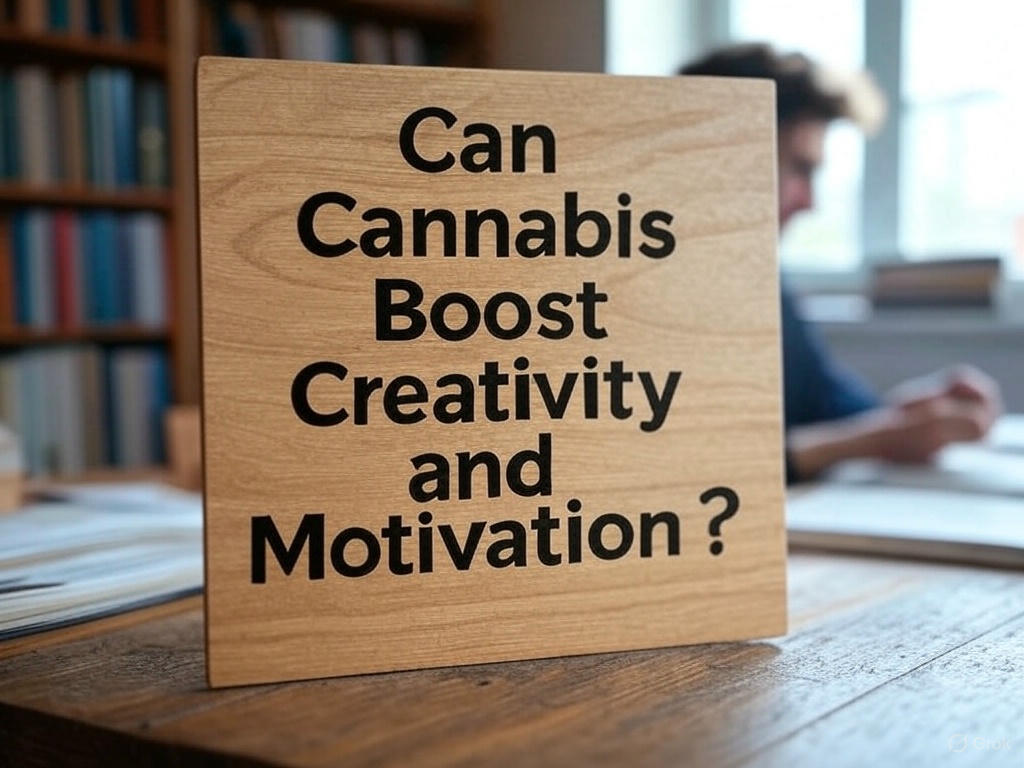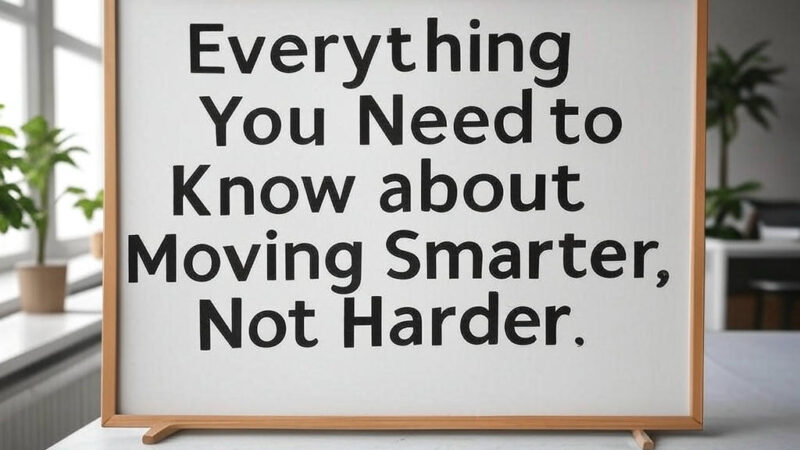Myth or Reality: Can Cannabis Boost Creativity and Motivation?

The image of the genius inspired by cannabis has been integrated into art and cultural tissue for decades. Cannabis has long been seen as a muse from musicians who reef into the night to painting until painting, to paint the visions on canvas. But behind the haze of the cultural myth there is an essential question: Can cannabis really improve creativity and motivation or is this just another well -marked illusion?
The roots of the myth
Cannabis has been part of human civilization for thousands of years. There are traces in old Chinese and Indian texts that indicate their use for both ritual and medical purposes. In the 20th century, cannabis was closely linked to counter -cultural movements, especially in music and art. Jazz legends like Louis Armstrong and Rock icons like The Beatles have openly recognized cannabis as part of their creative process. In the 1960s and 1970s, Cannabis had consolidated his reputation as a symbol of artistic rebellion and unagended inspiration.
Pop culture has only reinforced the picture. Films, music and books immortalized the idea that cannabis opens the mind, unlocked hidden potential and dissolved the limits of conventional thinking. However, anecdote is not proof – and if legalization and research expands, scientists endeavored to raise this claim to the test.
What science says
The relationship between cannabis and creativity is complex. Studies suggest that cannabis can actually influence certain cognitive processes, but not always in the way enthusiasts could be expected.
A study published in 2014 in Psychopharmacology found that low THC doses (the psychoactive connection in cannabis) slightly reinforce different thinking, a kind of thinking associated with the generation and creativity. However, higher doses often had the opposite effect and impaired both different and convergent thinking.
Cannabis also stimulates the dopamine release in the brain reward centers and produces feelings of pleasure and novelty. This can improve the perception of creativity, although it does not necessarily make ideas more original or useful. Like Dr. Alice Flaherty, a neurologist in the General Hospital in Massachusetts, notices, “the increasing production of ideas can be accompanied with a decrease in their quality”.
When it comes to motivation, the evidence is more careful. While cannabis can reduce fear and help some users to deal with tasks that they perceive as stressful or overwhelming, chronic or strong use is associated with amotective, a well -documented phenomenon that is characterized by reduced targeted behavior.
Real perspectives
Apart from studies, real accounts show a differentiated picture. Many artists and entrepreneurs report that cannabis helps them access new ideas, break creative blocks or to look at projects from new perspectives. A 2017 survey in Awareness and knowledge found that 50% of cannabi users believed that they improved their creativity.
But as much caution that his advantages depend on moderation and purpose. Several prominent creatives have opened openly from cannabis and quoted his tendency to erode the discipline over time. The border between “creative boost” and “unproductive drift” can be razor thin.
The fine line: when cannabis helps – and when it hurts
Whether cannabis supports creativity and motivation depends on several factors:
- Dosage: microdosing – consumption of very small quantities – can cause insights without affecting the focus, while higher doses can lead to distraction or lethargy.
- Stamm: The type of cannabis tribe plays a crucial role in the design of the experience of the user. Sativa-dominant tribes are widespread for their uplifting and energetic effects, which are often described as promoting mental stimulation, focus and euphoria. Many users contact sativas if they are looking for inspiration to participate with brainstorming or artistic work, since it is assumed that these tribes improve the different thinking of the ability to create several solutions or new concepts. While indicas can help with processing or treating anxiety, you can also lead to lethargy and reduced motivation, which is less suitable for tasks that require continuing focus or creative commitment. However, it is worth determining that recent studies on the chemical make -up -Make -up -Make -up -Make -up -Make -Up -Make -UP -Make -up -Make -up. Indica label alone. For example, terpenes such as limon and pine are often associated with mood height and cognitive sharpness, regardless of the classification of the trunk.
For those who want to research cannabis for creativity or motivation, experimenting with different tribes can also pay attention to cannabinoid and terpen profiles to find out what is best suited for their individual needs. Renowned sources such as Herbies Seeds offer a large selection of carefully curated tribes with detailed information about THC/CBD content, terpeneprofins and expected effects. It facilitates consumers to make well -founded decisions that are tailored to their creative or productivity goals.
CBD and motivation
While THC is often in the spotlight, cannabidiol (CBD)-a non-instructive connection-has proven to be a focusing alternative. Studies show that CBD can reduce fear and improve sleep and indirectly support productivity and intellectual clarity. However, the evidence for CBD as direct cognitive enhancers is still limited, and its effects are largely conveyed by its calming influence and not by stimulation.
Tips for careful use
For those who are used curiously about cannabis to support creativity or motivation, intentionality is the key. Experts recommend:
- Start with low doses to measure the individual reaction
- Choose care and pay attention to THC/CBD conditions
- Use cannabis in environments that can focus and inspire
- Avoid relying on cannabis as the only driver of motivation or creativity
To move to a balanced understanding
Cannabis occupies a fascinating, sometimes paradoxical space in the world of creativity and motivation. While some people report clear advantages, scientific knowledge underlines that these effects are very different and dose -dependent. In fact, cannabis will loosen the reins of strong thinking and offer new perspectives – but it is not a guaranteed abbreviation for genius or productivity.
If legalization is expanded and research is deepened, cannabis will probably continue to question the assumptions not only about creativity, but also about the human potential itself. Currently the most responsible approach of curiosity is caution: recognition that cannabis can open certain doors, but it is due to the individual to go through them on purpose.





